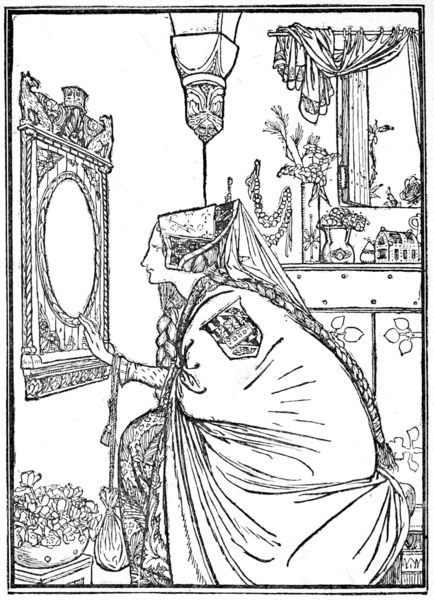
Why Has Folklore Endured?
Folklore predates recorded history. At its base definition, folklore is communal stories and traditions that have been passed down through generations via word of mouth.
That means many avenues of oral storytelling can be reasonably defined as folklore; ballads, proverbs, riddles, oral epics (Homeric poems), and plays to count a few. The list goes on.
There are easy answers to how some aspects of folklore have survived today. After all, we all tell stories often, and enjoy lending an ear to rumour and mythology. However, the preservation of cultural traditions and heritage has been a more conscious effort. And rightly so!
Let’s explore why folklore has endured.
The Brothers Grimm
Jacob Ludwig Karl Grimm and Wilhelm Carl Grimm were young German librarians, the first linguists, and famed folklorists. You’ve likely heard of them.
The Grimms collected stories and published them in Kinder- und Hausmärchen (1812), their first volume. In English speaking nations, it was known as the Children’s and Household Tales, but today we know the great work as Grimm’s Fairytales.
They didn’t write these fairytales, as is often believed. However, their work in rediscovering folkloric tales, and returning them as a written narrative, was and still is the best known. The Grimms also modified previously written work for their collections, as proven with Charles Perrault’s Cinderella from 1697.
So prolific were the Brothers Grimm that lost works of theirs are now being rediscovered today. 27 books of theirs were recently unearthed in Poland, potentially opening up fresh avenues of folkloric study. Ultimately, however, that first volume of stories is largely credited for the study of folklore, both past and present.
Academic Study
Academia is often leading the charge on anything to do with cultural preservation. The topic of folklore is no exception.
While it has ancient origins, folklore became an avenue of study in the early 19th century. It was the Scottish scholar Andrew Lang, and the English anthropologist Sir Edward Taylor, amongst others inspired by Grimm’s Fairytales, that struck out to ‘reconstruct’ the beliefs and rituals of prehistoric man. Collating all the data of oral folklore that they could, museums and archives soon came to fruition. A nationalistic outlook underpinned these efforts.
In many institutions across the UK today, folklore is recognised as a field of study. It has its own academic body and methodology. There are Master’s Degrees around the subject, and the University of Oxford offers an online course with pre-recorded lectures and weekly Microsoft Teams meetings.
Of course, folklore will often make appearances in other avenues of study, too. Much of art, music, history, and literature are derived from a starting point of traditional folklore. Scholars in the humanities frequently trace back these origins with glee and investigate how these influences all coalesce and continue today.
Folklore As Identity
Of course, folklore is more than just a series of books to be studied. For many people, folklore forms a huge part of their identities.
What is danger? What does love look like? Fairytales, and thus folklore, often form the basis of our comprehension from an early age. From literature to cinema, folklore is everywhere and has played a role in comforting us during hardship. It’s always in heart and mind.
From that understanding comes social cohesion. People connect with each other for folklore’s involvement in their lives. Rich or poor, young or old. Friendships made, or careers chosen. Folklore has given people an ability to interpret their world through storytelling, and thus, a truly timeless way to connect.